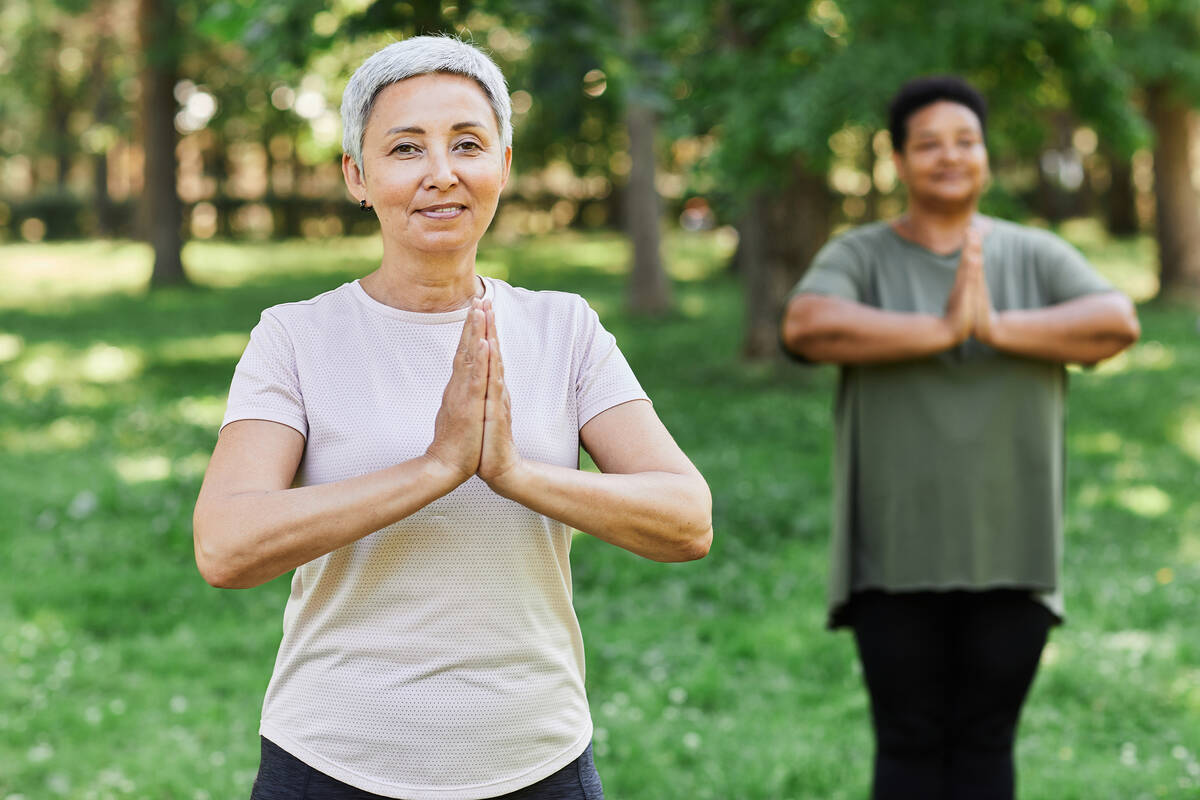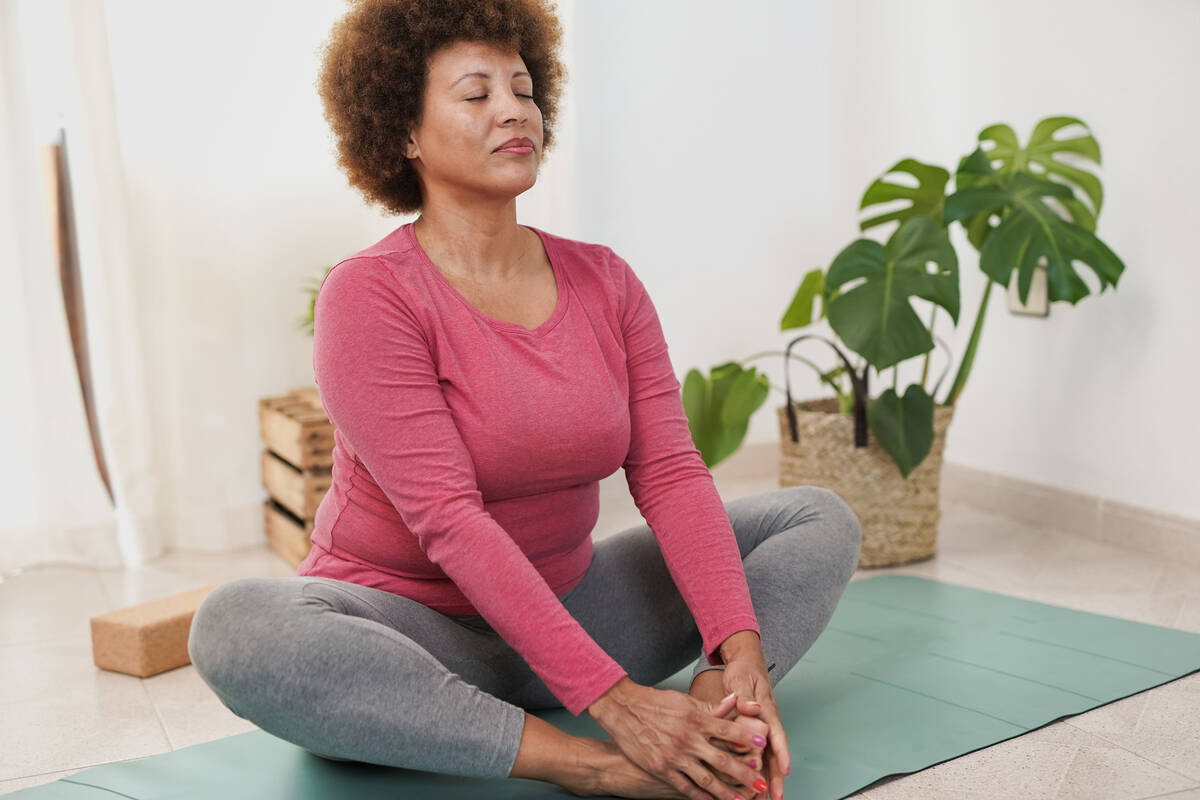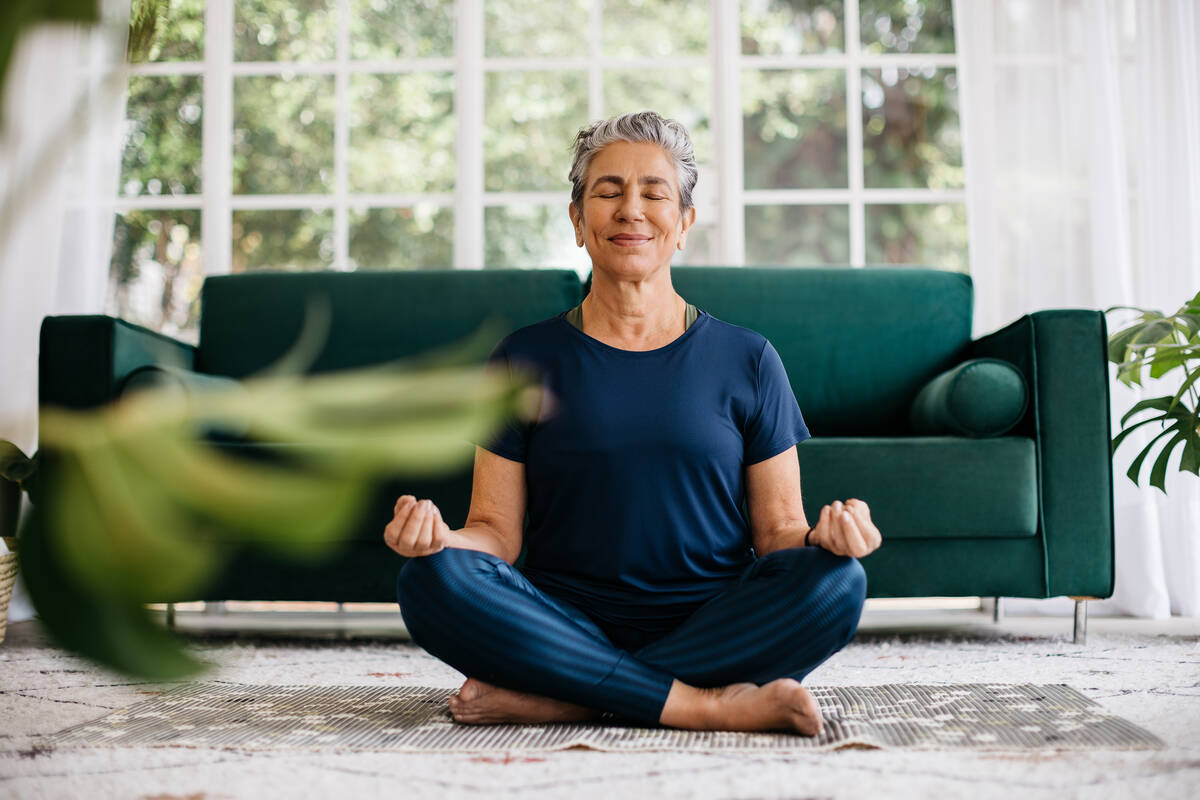Yoga to improve memory? Experts weigh in on recent study
It’s no secret that yoga is great for your body and beneficial for stress levels. But a recent study found that doing yoga for 50 minutes three times a week can significantly improve memory, too.
In the study, which was published in the Journal of Behavioral Medicine, 86 adults who worked full time participated in an eight-week, moderate-intensity yoga program. Not only did the people who did yoga for 50 minutes three times a week have lower levels of stress and anxiety, but they performed better on cognitive tasks as well, suggesting that yoga can improve memory.
But why is this? And can certain poses have a better effect on memory than others? Here’s what experts say.
Why yoga may improve memory
According to neuropsychologist Karen D. Sullivan, yoga has multiple clear physical and mental health benefits related to increased physical activity, improved mental well-being and the practice of mindfulness that it promotes. And the information from this study isn’t totally surprising, she says.
“This study falls in a body of literature that suggests further benefit in cognitive functioning likely due to the impact of dual-task training,” Sullivan says. “Dual-task training essentially means trying to do two things at one time, remembering a specific sequence of body postures in your mind and coordinating those movements in your body. Dual-task training has been shown to have a small-to-medium positive effect in several meta-analyses of older adults with cognitive decline.”
And, Sullivan says, some kind of dual-task training is something she recommends to all of her patients who are at risk for developing dementia.
“For many people, yoga is the answer as they enjoy the practice and the health benefits,” she says. “For the biggest impact in reducing one’s risk for dementia, I encourage my patients to engage in a wide variety of activities that address all aspects of their well-being, including physical, mental, cognitive and spiritual. Brain health is whole-person health.”
Are certain poses more beneficial?
According to Radha Metro-Midkiff, executive director of the Integral Yoga Institute New York, any type of yoga is likely to benefit our memory, but certain poses can be particularly helpful.
Child’s pose is one. “Kneel on the floor and sit back on your heels. Lower your torso forward, extending your arms in front of you or resting them alongside your body. Relax your forehead on the mat or a cushion,” she says. “This pose helps to calm the mind, relieve stress and improve mental clarity.”
Metro-Midkiff adds that any yoga pose that promotes relaxation, stress reduction and improved focus can indirectly contribute to better memory.
“Savasana, or the corpse pose, is one of the single most effective poses for stress reduction,” she says. “However, to take full advantage of the effects yoga can have on the body, it is important to do a backward-bending pose (cobra, locust, bow), forward-bending pose (head to knee or full forward bend), twisting pose (half spinal twist) and inversion (legs up the wall with support below the buttocks or a shoulder stand or headstand).”
These poses activate either the sympathetic or para-sympathetic nervous system, she explains, stimulating the vagus nerve and increasing an overall reduction of stress.
Even if you’re not doing yoga for the sake of your memory, it’s probably worth trying — worst-case scenario, you’ll end up more flexible and a lot less stressed out.















